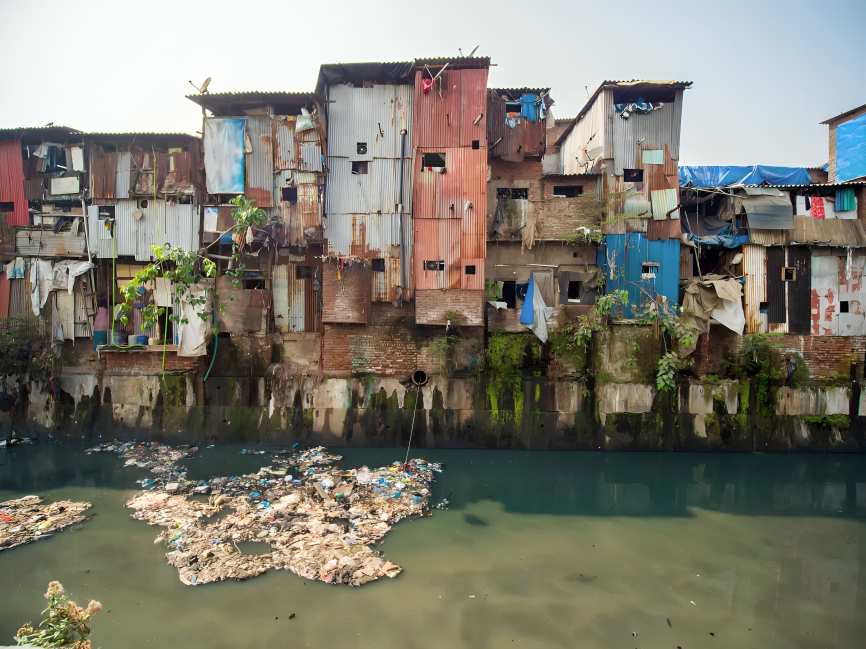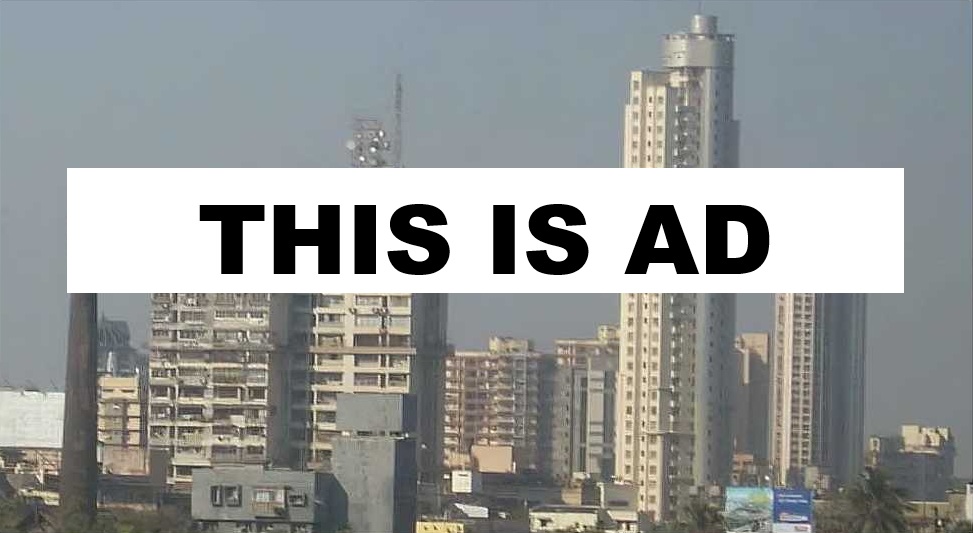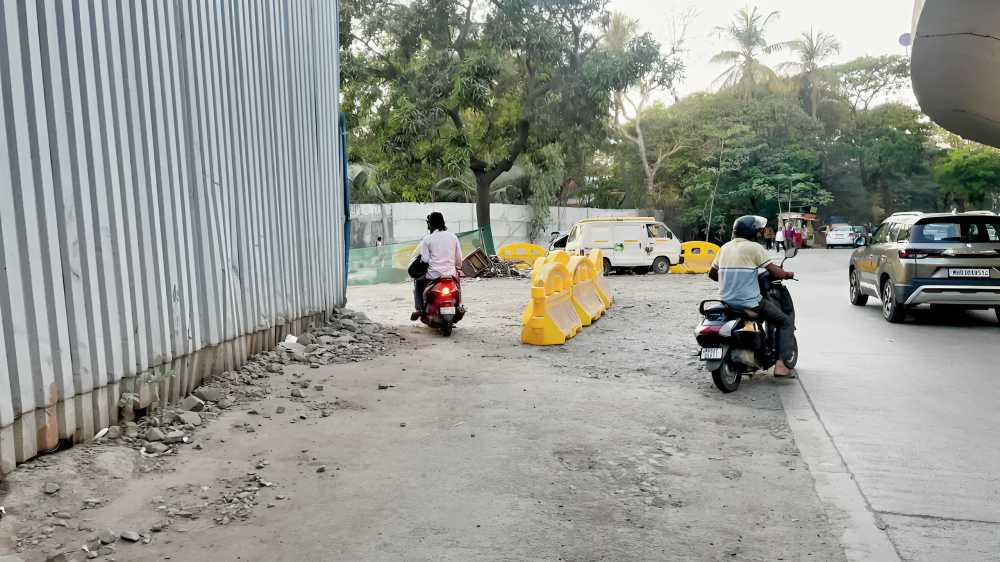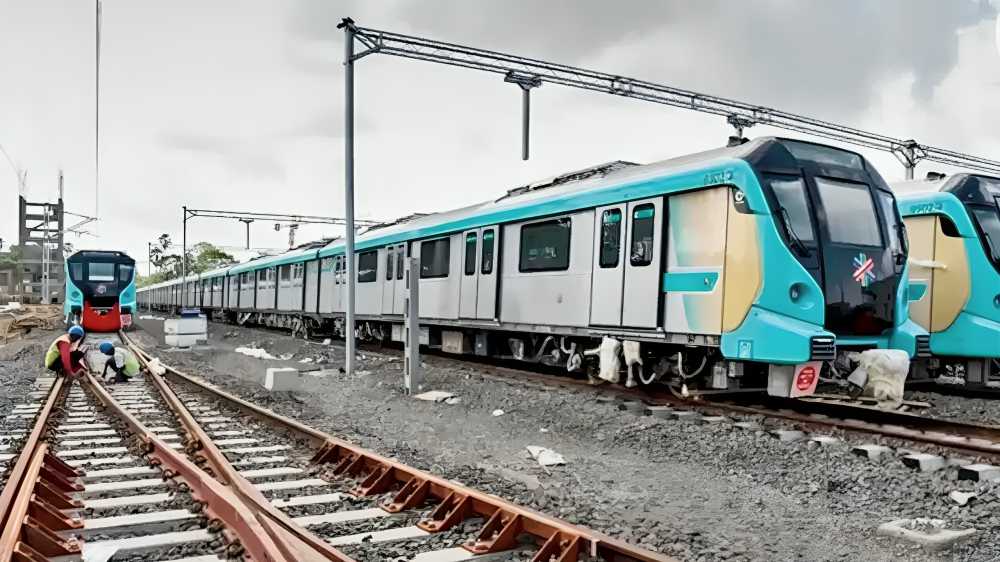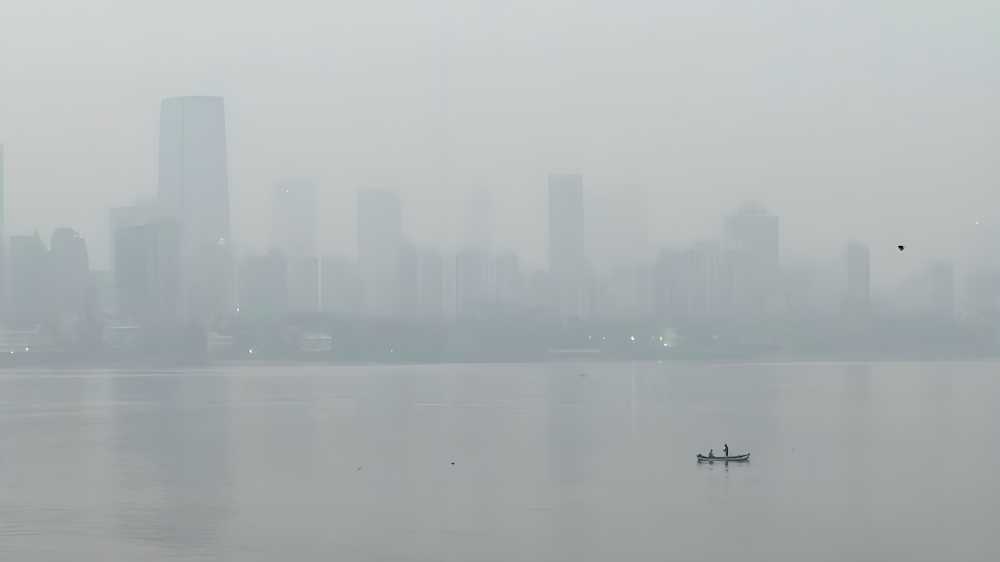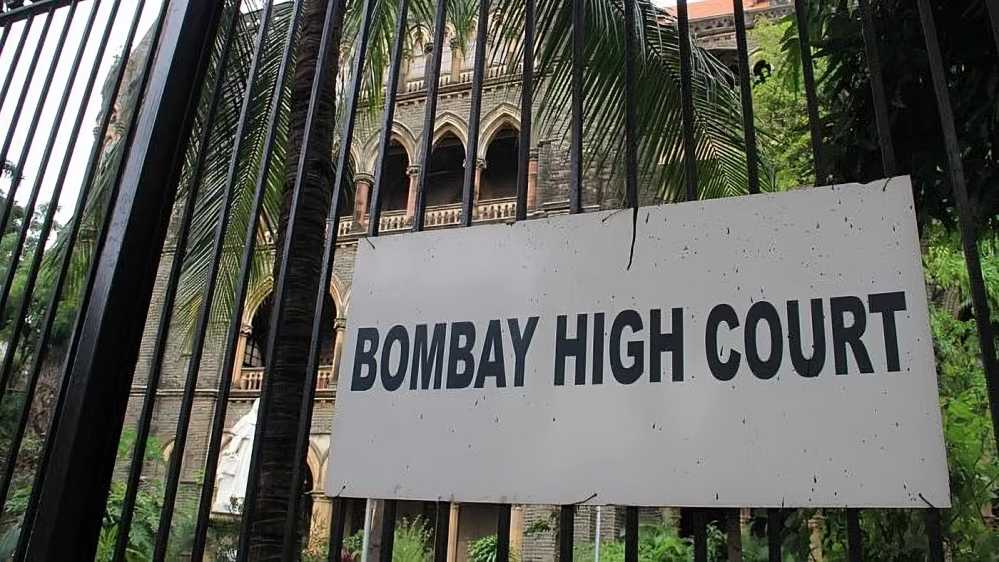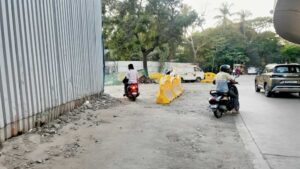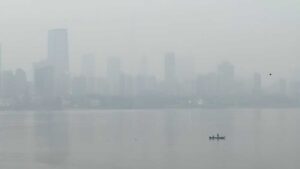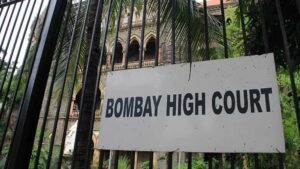June 22, 2025: India’s fast-growing urban hubs, particularly Mumbai and Pune, are showing visible signs of strain. Infrastructure is crumbling, resources are stretched thin, and poor urban planning has left civic systems overwhelmed. A combination of weak municipal governance, outdated development plans, and unchecked real estate expansion is eroding liveability and sustainability in these key economic centres.
Pune’s planning failures mirror issues faced by Bengaluru, Delhi, and Chennai. The Pune Municipal Corporation has fallen far short of its 1987 Development Plan—only 22% of the 609 reserved sites for essential services like schools and parks were developed over 25 years. New suburbs added after 2017 lack even basic statutory plans, leaving them to expand without sewage, roads, or public transport.
‘Smart City’ initiatives have delivered little relief, plagued by delays, funding gaps, and scattered priorities. Major projects like river clean-ups, metro extensions, and slum upgrades remain stalled. The Mahalunge-Maan Town Planning Scheme—touted as Pune’s future tech hub—remains half-built and mired in legal and environmental issues.
Meanwhile, real estate developers have focused on luxury projects in low-cost land areas, bypassing locations earmarked for affordable or public housing. In Mumbai, this imbalance is stark: 42% of residents live on just 8% of the city’s land. Pune neighbourhoods like Baner and Kalyani Nagar have rapidly commercialised, often without basic safety or sanitation provisions.
The situation is worsened by a lack of local accountability. Pune has had no elected corporators for over three years, paralysing civic decisions. As India prepares for an urban population boom by 2030, experts stress the need for transparent, sustainable planning inspired by global models. Without urgent reform, India’s cities risk becoming increasingly unliveable and deeply unequal.
Source: Urban Acres




